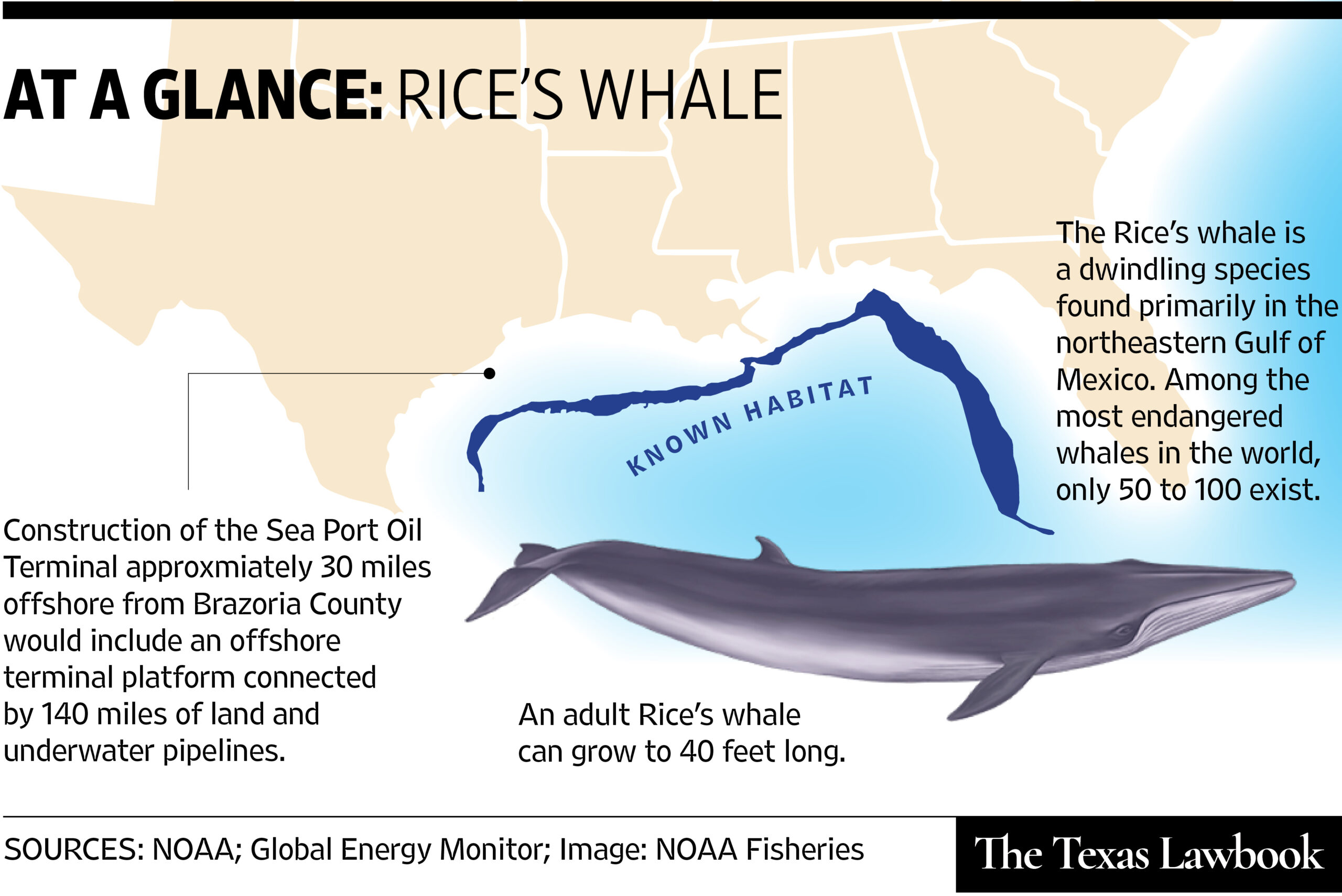Third COA: Court Reporters’ Suit Against Certification Commission May Proceed
Court reporter Jo Ann Holmgren and her firm, Preferred Legal Services, are seeking a court finding that the Judicial Branch Certification Commission failed to do its job when it dismissed a complaint of alleged violations of court reporting laws by a digital recording company. The Third Court of Appeals rejected the JBCC’s appeal and remanded the case to the trial court.

